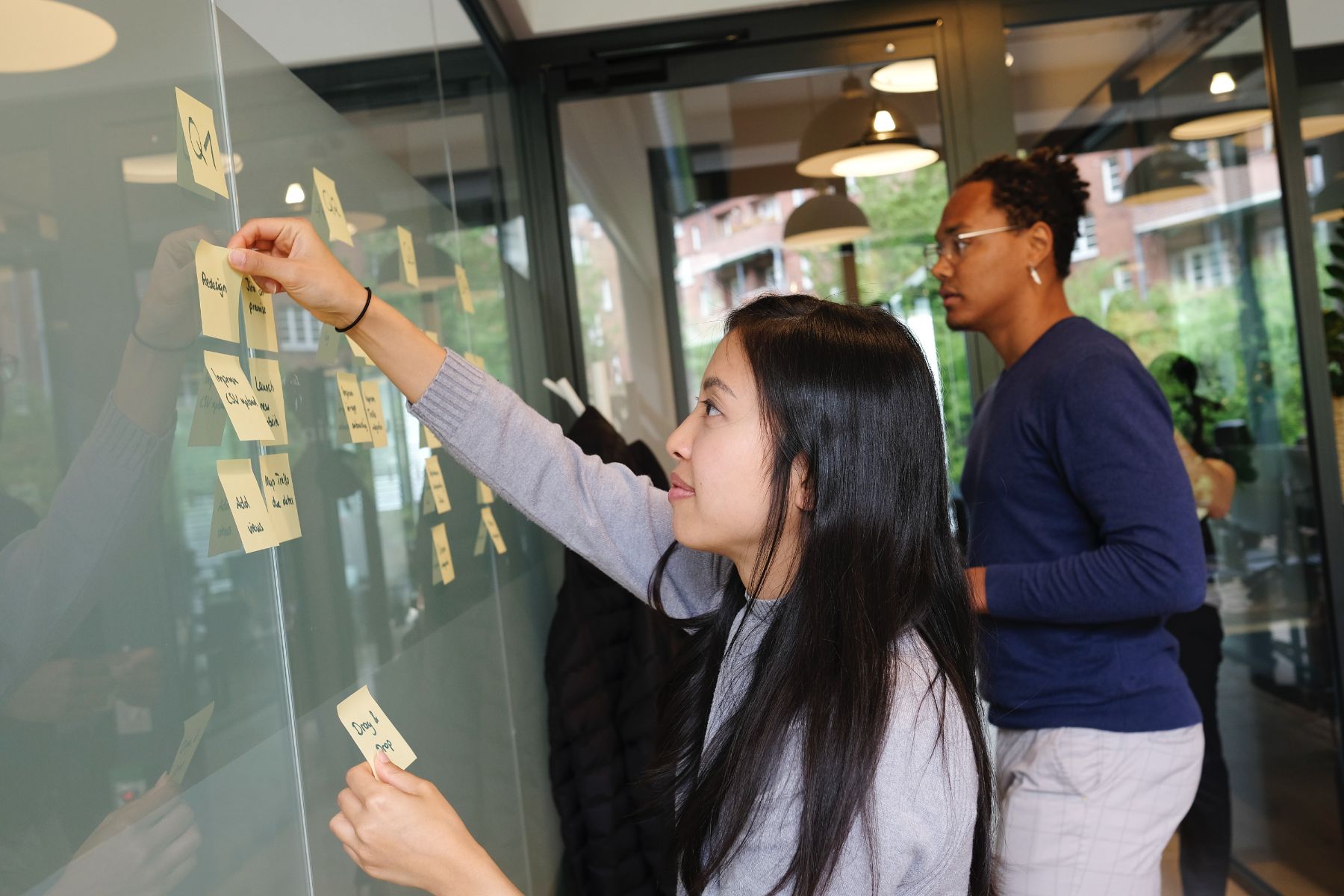Change is inevitable. Nothing stays the same. But how do you react when change is forced upon you? The coronavirus pandemic is a perfect example of how change was forced upon the world. No one across the globe escaped the nuances of living in a “new normal” in order to protect ourselves from contracting the COVID-19 virus. This virus has caused over 2.6M deaths worldwide since the pandemic broke out in early 2020.
A Year Without Precedence
There were no employer playbooks devised ahead of time to deal with this pandemic. Businesses might have had previously developed disaster recovery plans, but not one was written to address global workplace shutdowns, new workplace health and safety restrictions, and a predominately virtual workforce. Many businesses just didn’t have a business continuity plan in place to help them navigate change effectively.

Lessons Learned
Realizing that businesses will forever be changed, change does not have to be an entirely negative situation. By defining the possible level of disruption of your business, you need to identify and prepare for either the best-case scenario, worst-case scenario, or as with most, somewhere in between.
You will need to determine how much of your operations were impacted by the pandemic. By briefly documenting each of the components of your business, such as employees, customers, suppliers, and service functions, you will have the information necessary to develop a new business continuity plan to prepare for any future disruptions. It’s important to have a risk management strategy to reduce the impact and shorten recovery times.
Pivoting for the Future
Have you taken the time to document your business processes? What operational changes have been made since March of last year, when businesses were forced to shut down? If you don’t know where to start, netlogx, a 22-year-old risk management consulting services firm, has developed an easy Change Management Assessment survey tool to determine how well your business is prepared for change.

How to survive and thrive when change is forced upon us
Some people don’t like change, but you need to embrace change if the alternative is disaster.
— Elon Musk
As this successful entrepreneur advises, you need to embrace change. You must learn to see it as an opportunity and a chance to grow.
Humans are experts at overcoming challenges, finding solutions to problems, and evolving to do things more efficiently and effectively. Adapting to survive is in our DNA. When you do accept change and begin to adapt you will start to thrive again.

